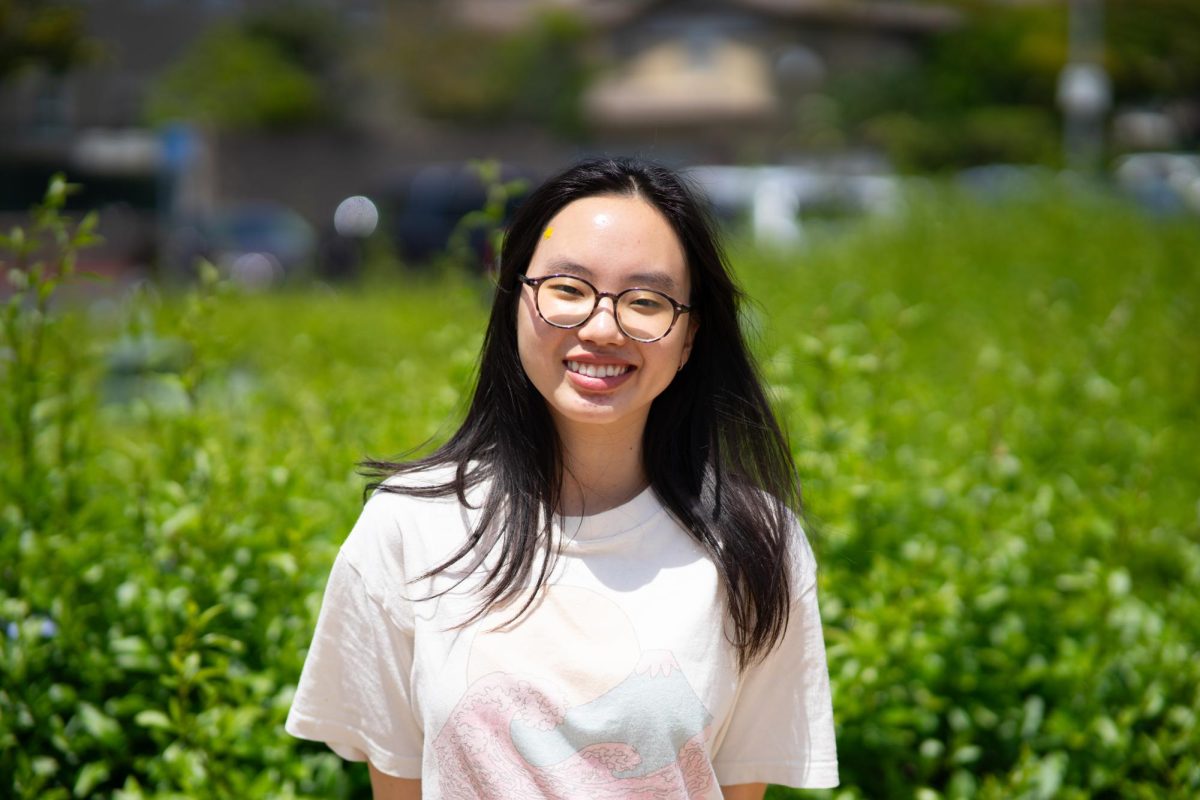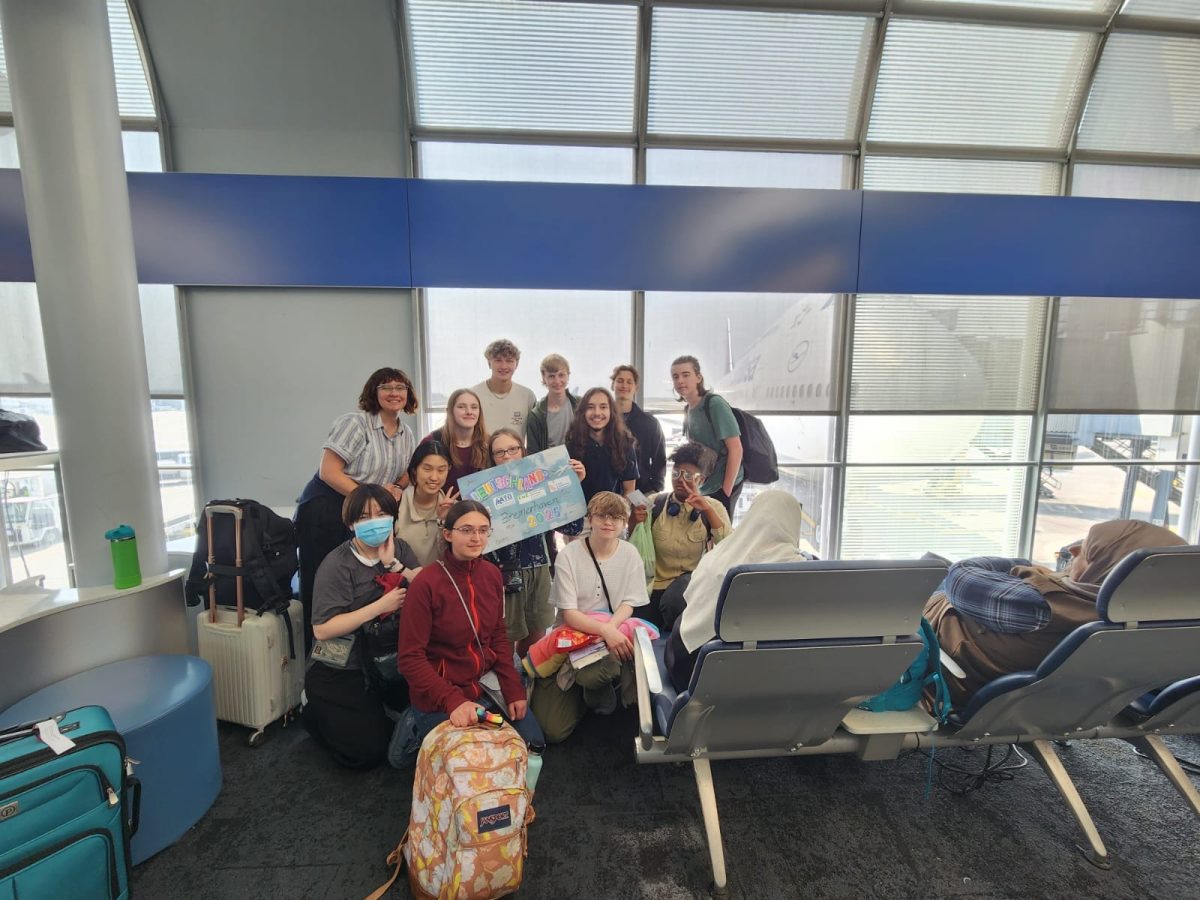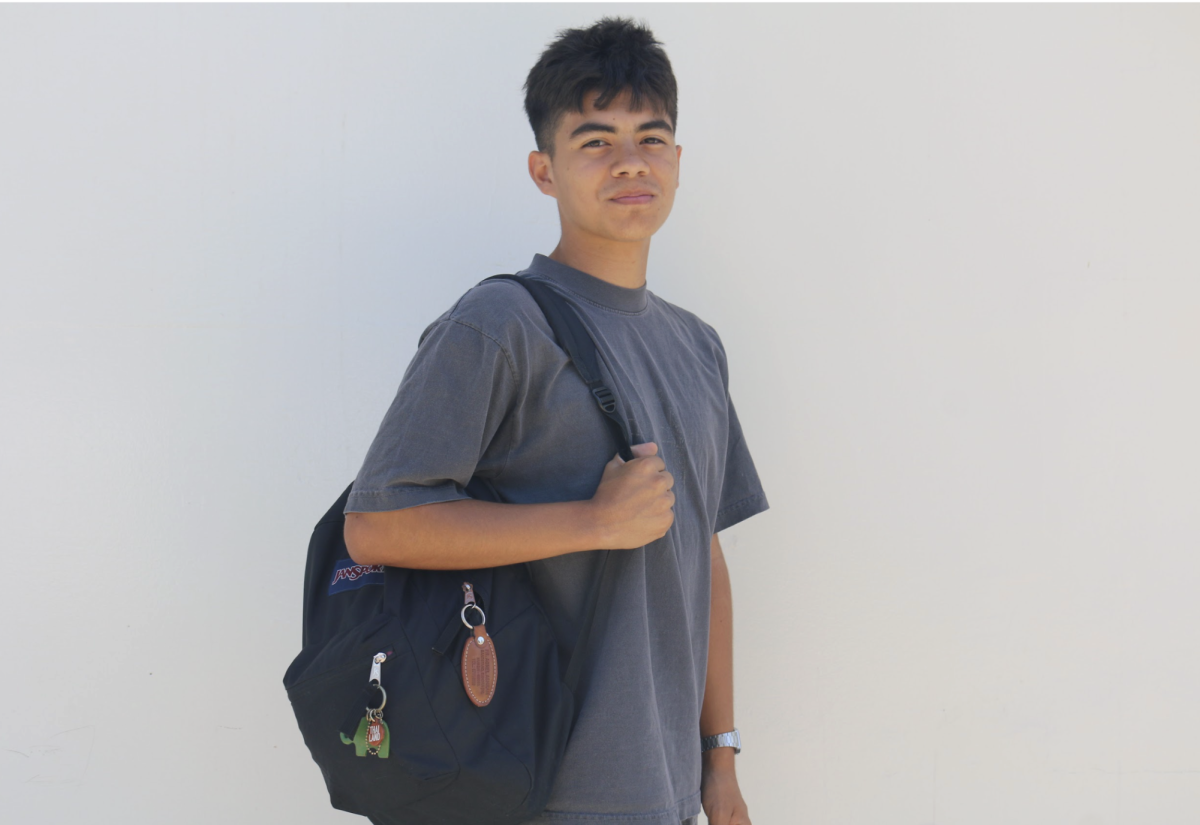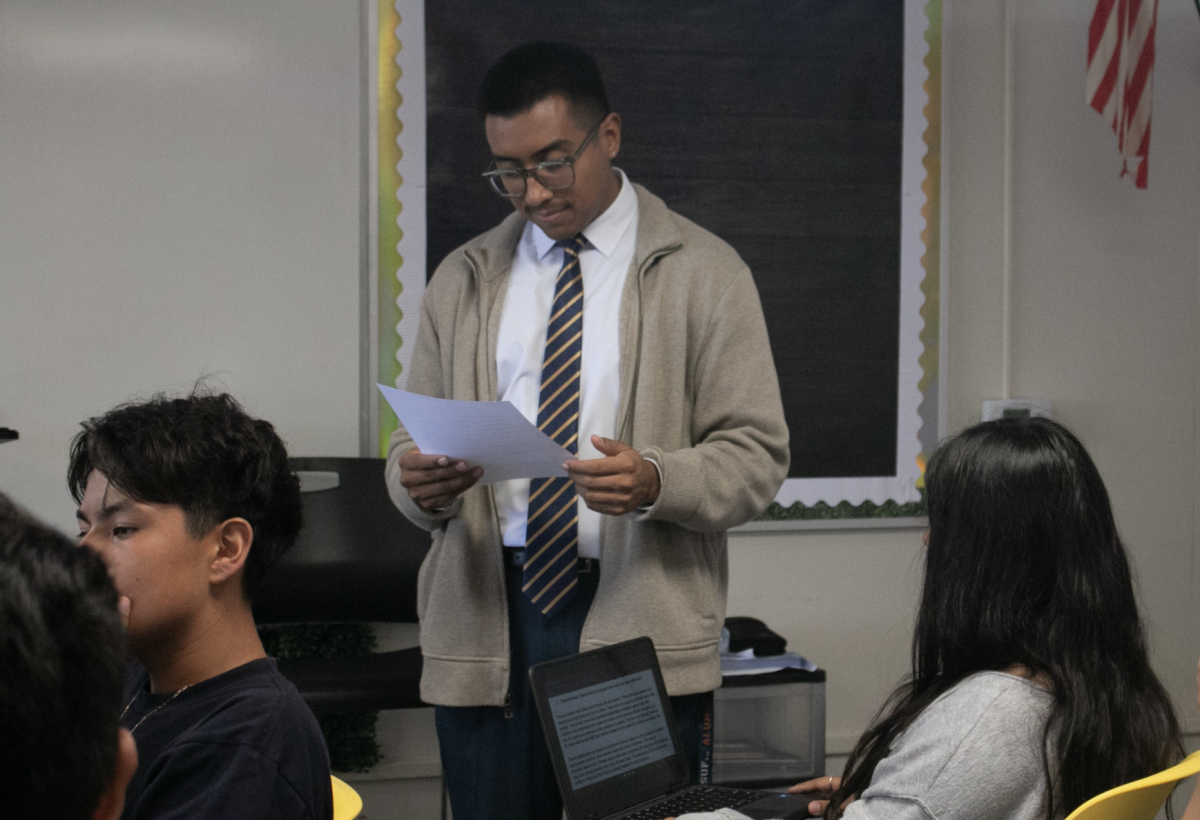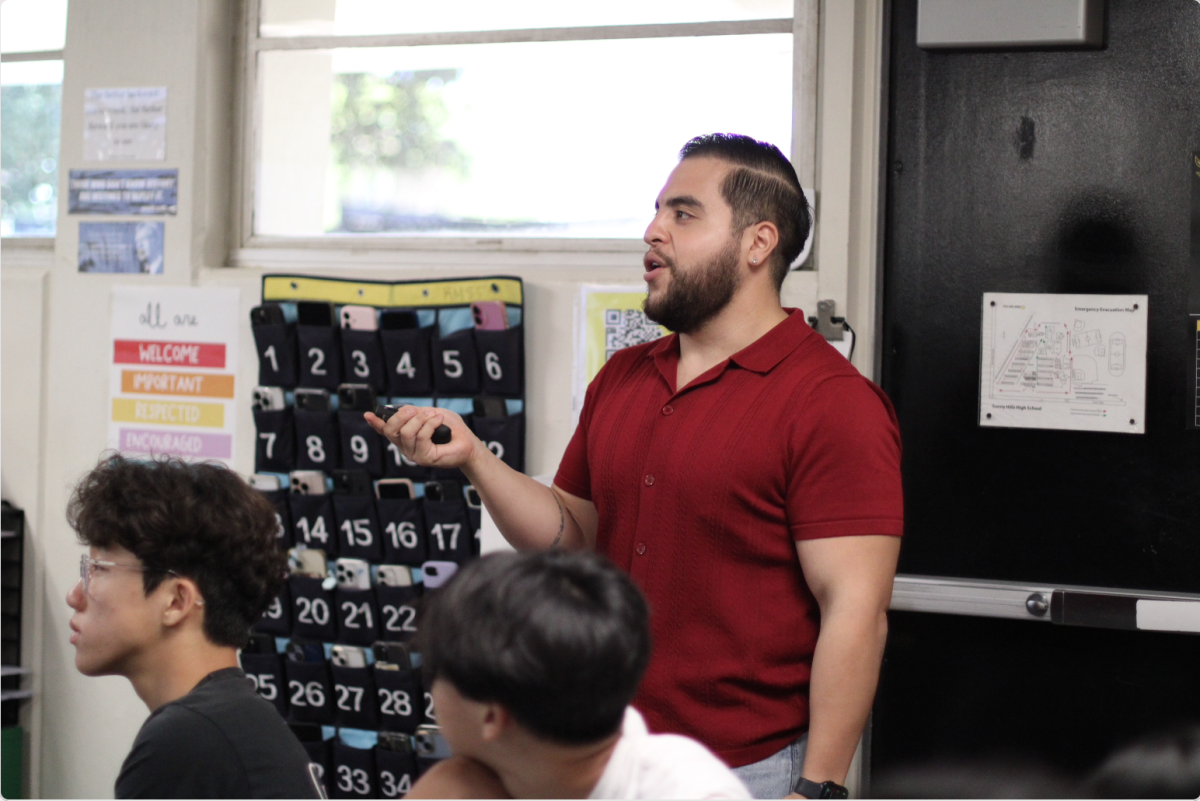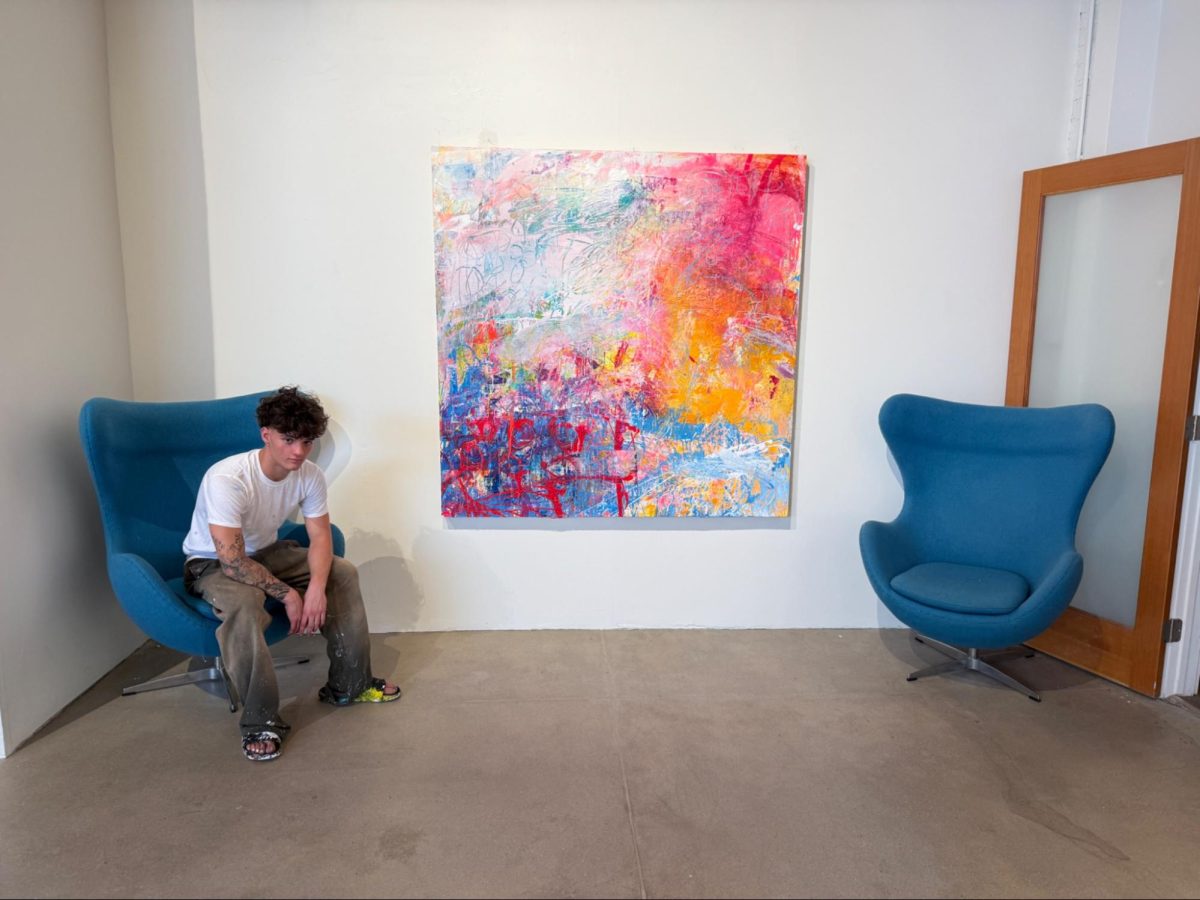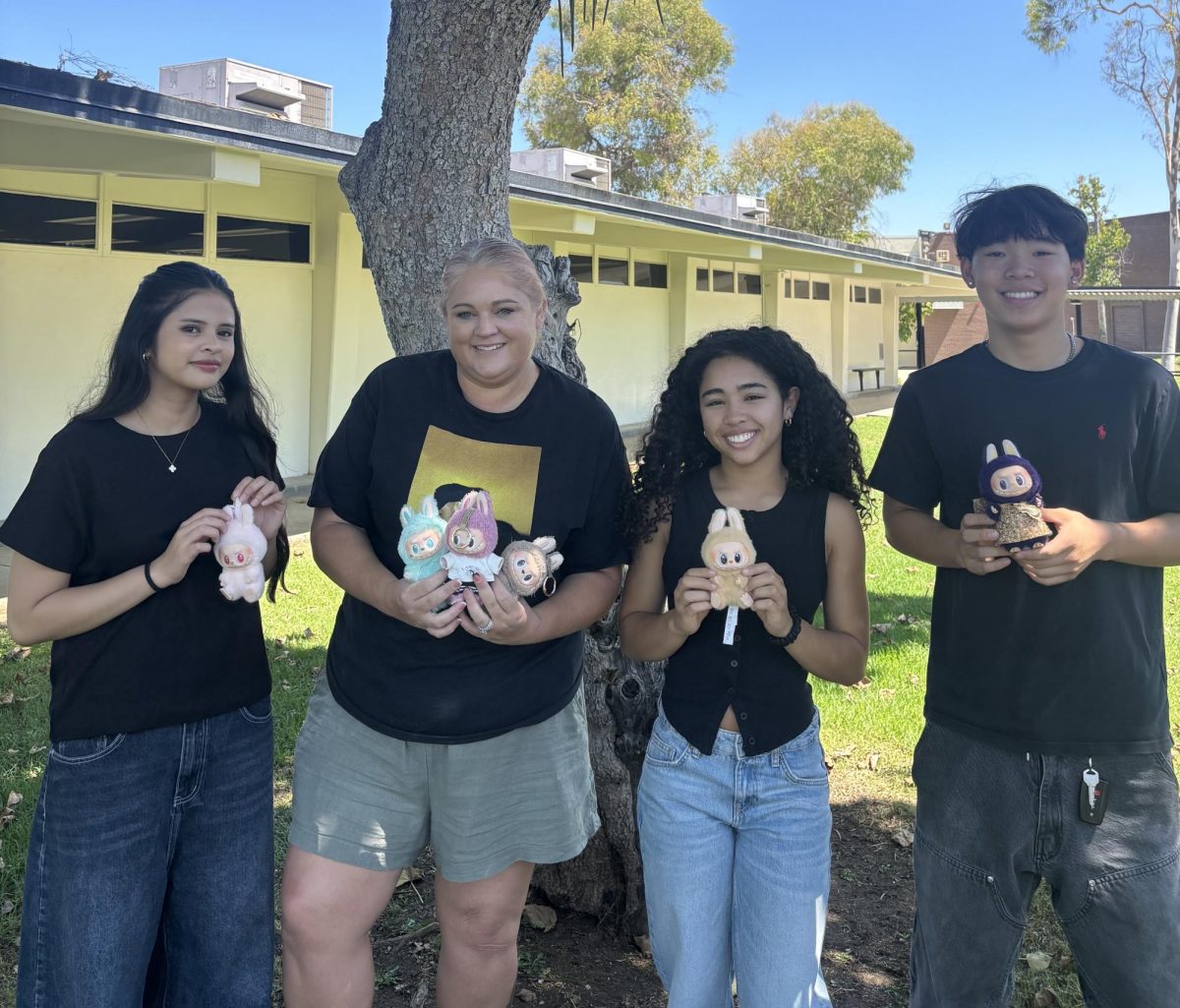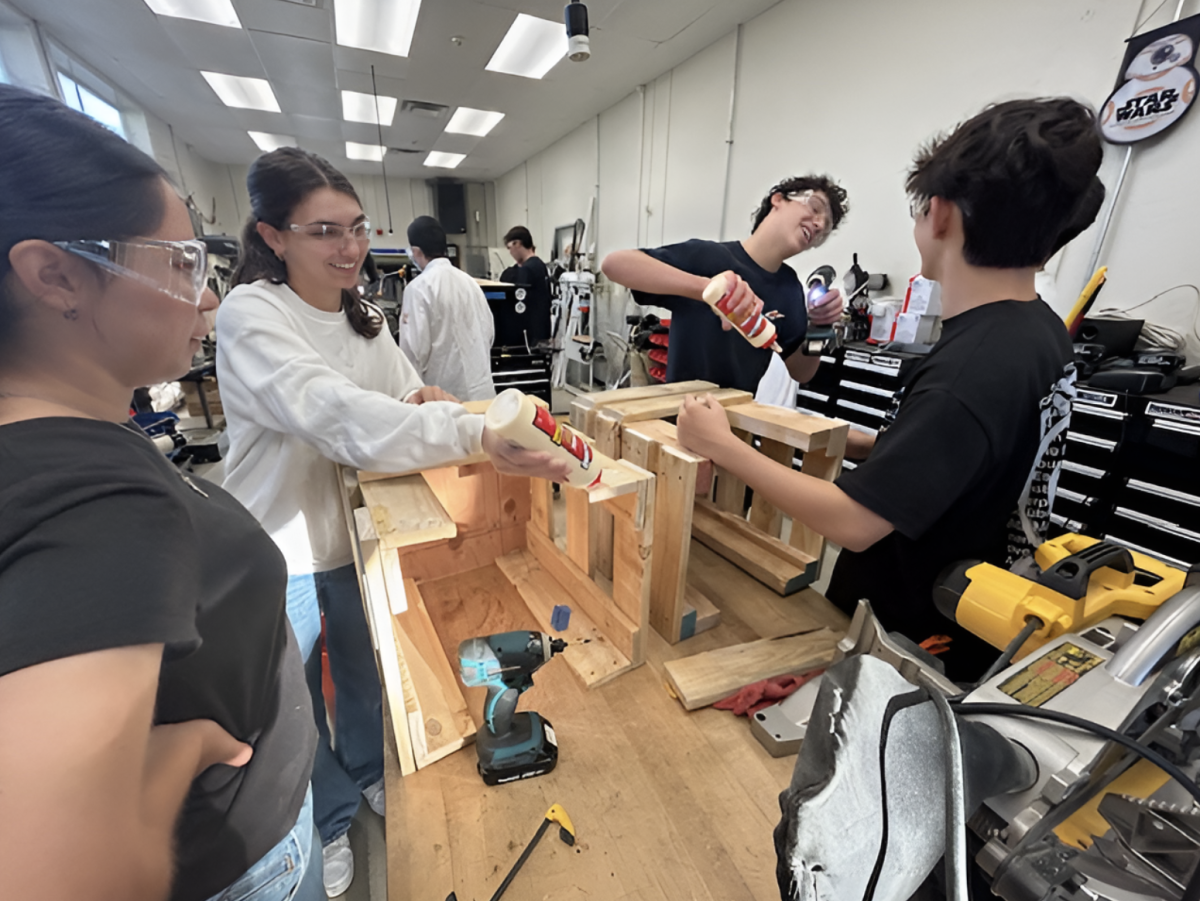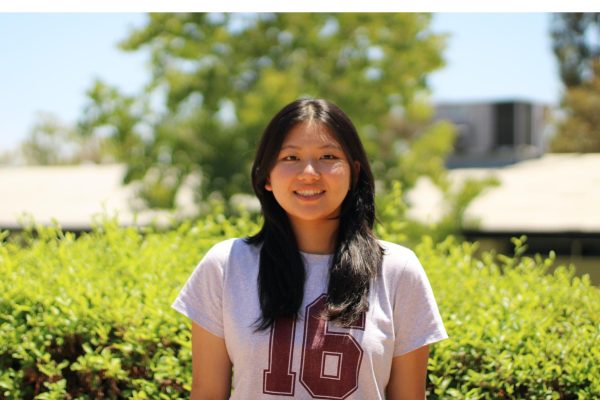The Class of 2024 produced 39 valedictorians, and The Accolade interviewed each to reflect on their high school journeys and thoughts. This is a full version of the Q&A, of which the preview is included in our May magazine issue. Any remaining full-version Q&A will be posted in alphabetical order throughout the week in the Feature section.
Question 1: Which university have you committed to?
Answer: Barnard College.
Question 2: What will you major in?
A: Political science.
Question 3: What’s your favorite movie or TV show and why?
A: For movie, I like “Bird Box,” and for TV show, I like “Criminal Minds and Suits.”
Question 4: Are there any quotes you live by that guided you through your academic journey?
A: “Work hard, play hard” or “hustle life.”
Question 5: What extracurricular activities or hobbies did you enjoy in high school, and how did they complement your academic success?
A: I’m super into student advocacy in terms of policy and legislation, so I did a lot of work in working on statewide bills. I would say that was a huge focus on my high school career. I also did a lot of work with refugee shelters and an internship there, so I was dedicating a lot of things to immigrant life, unaccompanied minors, and things like that. Also, I worked as a barista for two years now, and I love it. I love drinking coffee, making coffee and experimenting with coffee. I like to read and play with my cat. So, in terms of extracurriculars, it’s just a lot of policy work, really.
Question 6: What subject did others find hard, but in your opinion, was the easiest for you?
A: AP [Advanced Placement] U.S. History and AP European History. I definitely think that I’m pretty academically good at most subjects, but I have an inclination toward social sciences or history-related subjects. So things like AP Human Geography and AP Psychology really interested me. I remember I did both AP European History and AP U.S. History during my junior year, so that was a lot to manage because they were very heavily related to reading classes. I remember that a lot of my peers around me and my friends were really struggling in those classes. But, I would find it so easy, and not only easy, but it’d be interesting. I liked learning about the history of these things. I like learning why things are like this now. I like looking over the implications of our past actions. So not only were they not as difficult as other people thought they were, but they were both really good and fun classes.
Question 7: What extracurricular activity did you struggle to balance with your grades?
A: Definitely all my policy and legislation work because I’ll be in Sacramento every other week, two times a week, sometimes back to back and so my attendance was pretty bad my junior and senior years. When you’re missing school, you’re missing a lot of important information. Also, when I came back from Sacramento, I’d be so tired but always worked to make up all the assignments and tests I didn’t take. So that was pretty hard to manage. Also, my job at Starbucks is pretty strict. I would go to school for like eight hours, and then I’ll go to work for like six hours and come back home at like 11 p.m. and I still have to do all my schoolwork and my extracurricular work. So work was also hard for me to balance.
Question 8: What did you sacrifice to maintain your grades?
A: I don’t feel like I worked super-duper hard to be valedictorian and have a 4.0 GPA. It was just something that I expected of myself, so I don’t feel like I sacrificed that much. Like I know, some of the other valedictorians sacrificed AP courses and dropped to regular courses to keep their 4.0 [GPA], but I didn’t have a sacrifice like that. But yes, I definitely did sacrifice my sleep. I took zero-period freshman, sophomore and junior years, so I definitely sacrificed an hour of my sleep, and I love sleep.
Question 9: How did your surrounding friends/family support you throughout your high school years?
A: In terms of family, I feel like they helped me just because I am someone who was really busy all the time, but they recognized that, and they gave me rides to the airport and to all my extracurriculars to help alleviate my stress. And they also usually bought me good food because I’m a foodie and I love to eat. They got me good food when I was really burnt out when I was stressed. They were really accommodating of my struggles because sometimes I’ll be irritated, and my family will be there around me, and they will face the brunt of it. So I definitely would say that I’m really grateful for them to acknowledge that and to, you know, help me through that when they could have lashed out back at me. I think my friends also helped because I love and need to rant sometimes. A lot of my friends were there for me through my rants and sat through hour-long phone conversations with me where I was just like, ‘Oh my God, like this and this happened,’ and they would just listen. They would honestly not even understand what I’m talking about but still be there to listen to all my rants. I think that was really helpful.
Question 10: What is one study habit you recommend to underclassmen?
A: I learned this in AP Psych [Psychology], but when you study and go to sleep, it encodes in your memory while you’re sleeping. So don’t study the period before your class, but study the night before so that it can be encoded in your sleep. Also, pay attention in class. Write things down because it encodes in your brain a lot easier.
Question 11: What is one piece of advice you would tell your freshman self?
A: As a freshman, I was really stuck on my grades and made sure I only had A pluses. But I will tell my freshman self that you’re gonna find what you’re passionate about, you’re gonna pursue it, and it’s gonna be stressful sometimes, but you’re gonna have a lot of excitement in doing what you’re passionate about. And school is not the end of the world. There’s so much more to life outside of school; there’s such a bigger world outside of school. So take a step outside of your school community and find other communities and really branch out.
Question 12: How did you discover what you wanted to major in college?
A: I knew from the beginning that I wasn’t a STEM [science, technology, engineering and mathematics] person at all. When I was a freshman, I attended a regional student advocacy conference by recommendation of a friend, and that’s where I saw the process of changing the education system. I was really empowered to make an impact on decisions that affected me. I was looking after these great role models who were upperclassmen at the time and had made a lot of impact already, and I was really inspired by them. I started getting into student advocacy myself and policy work, and slowly but surely, like I got really experienced in it. And I got to make a lot of changes in the education system regarding mental health, excused absences, ethnic studies, graduation requirements, mental health posters, menstrual products in school bathrooms. I was able to make all these changes that affect how I live right now. It’s so fun because I get to go to Sacramento, and when I come back to school the next year, all the bills I wrote and passed are here, so I feel like I was really inspired.
Question 13: What career do you eventually want to have in the future?
A: I will most likely want to work as a lawyer. I don’t know what type of law yet. I will still figure that out when I go to college. If not, I’d like to work for the United Nations or work as a diplomat.



